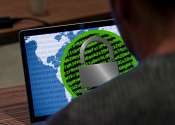Detecting malicious web pages
There is a lot of malware on the internet, unwitting computer users might be enticed to visit web pages serving such malicious content and as such there is a pressing need to develop security systems that can quickly detect ...
Oct 16, 2019
0
0









